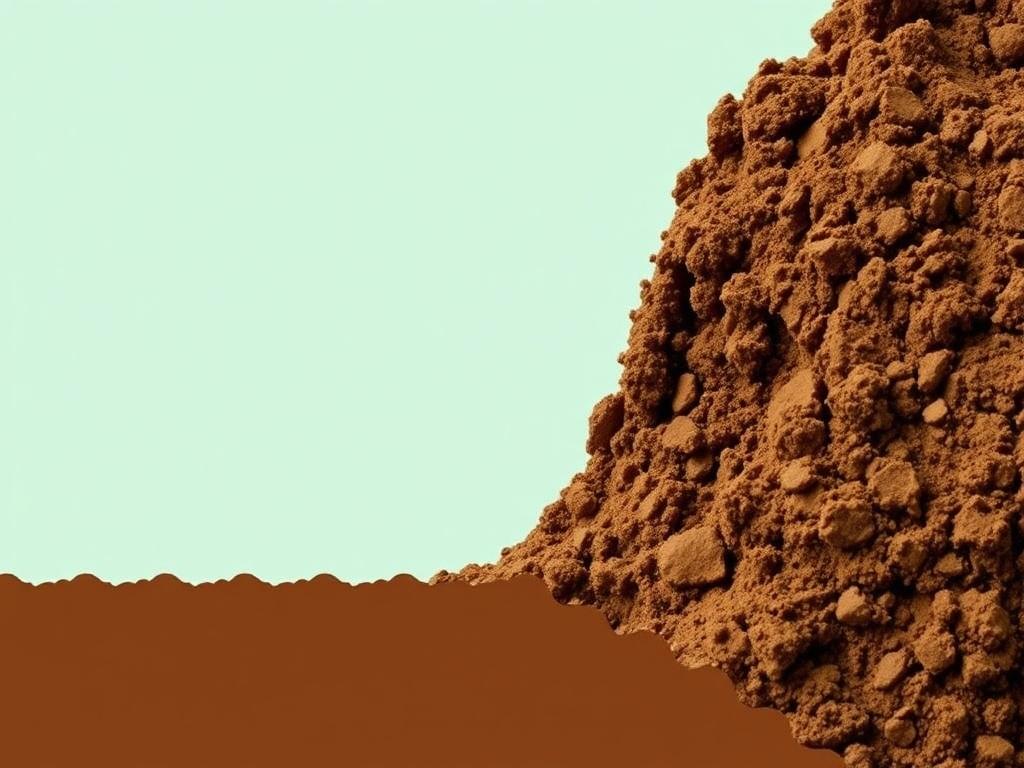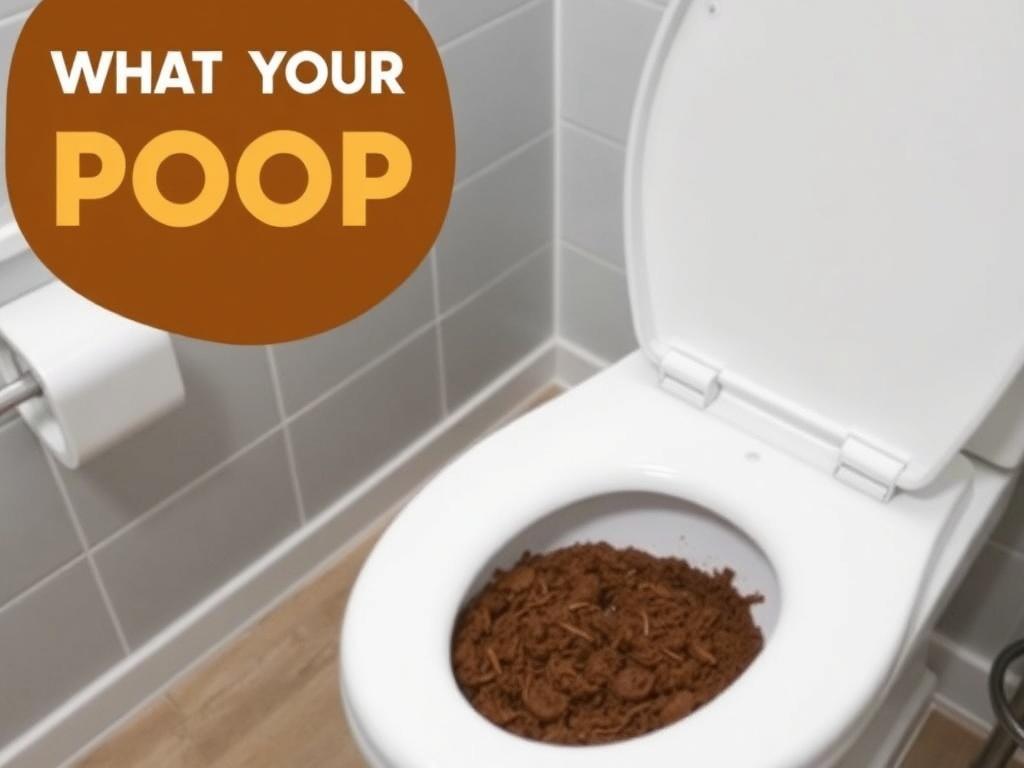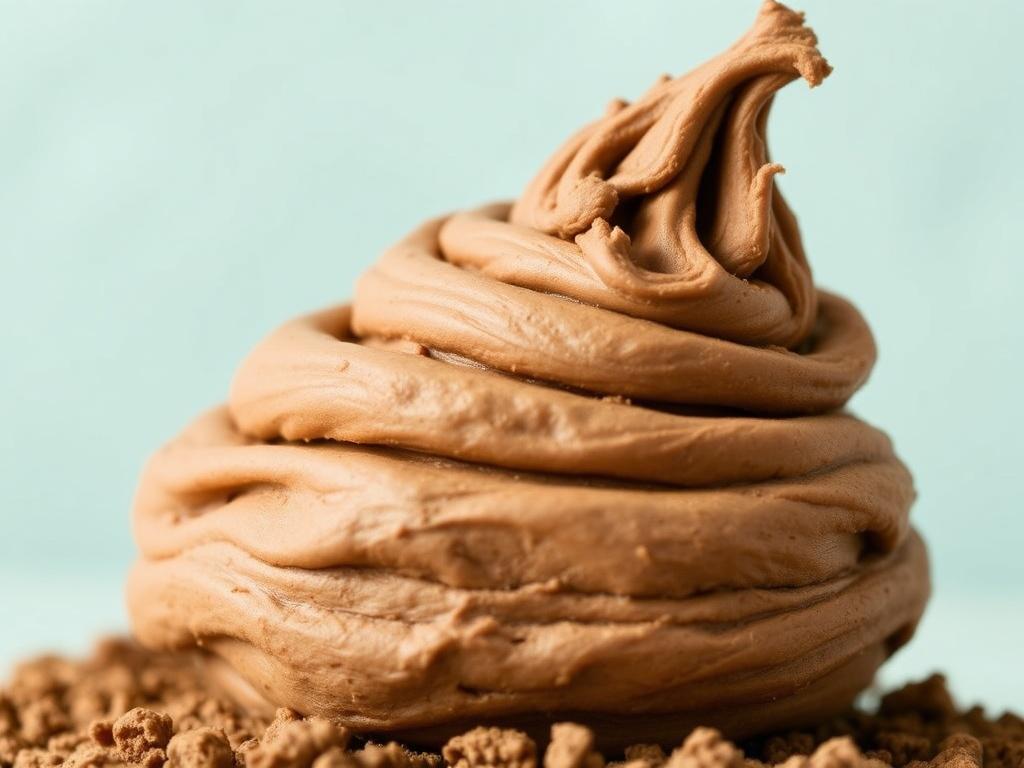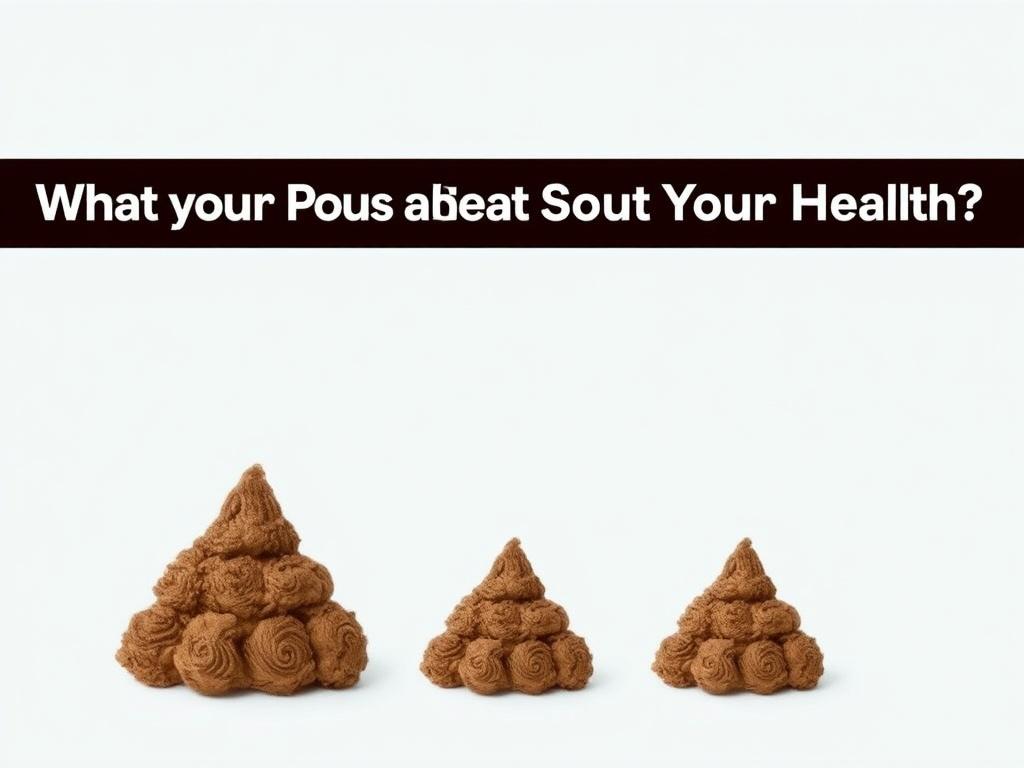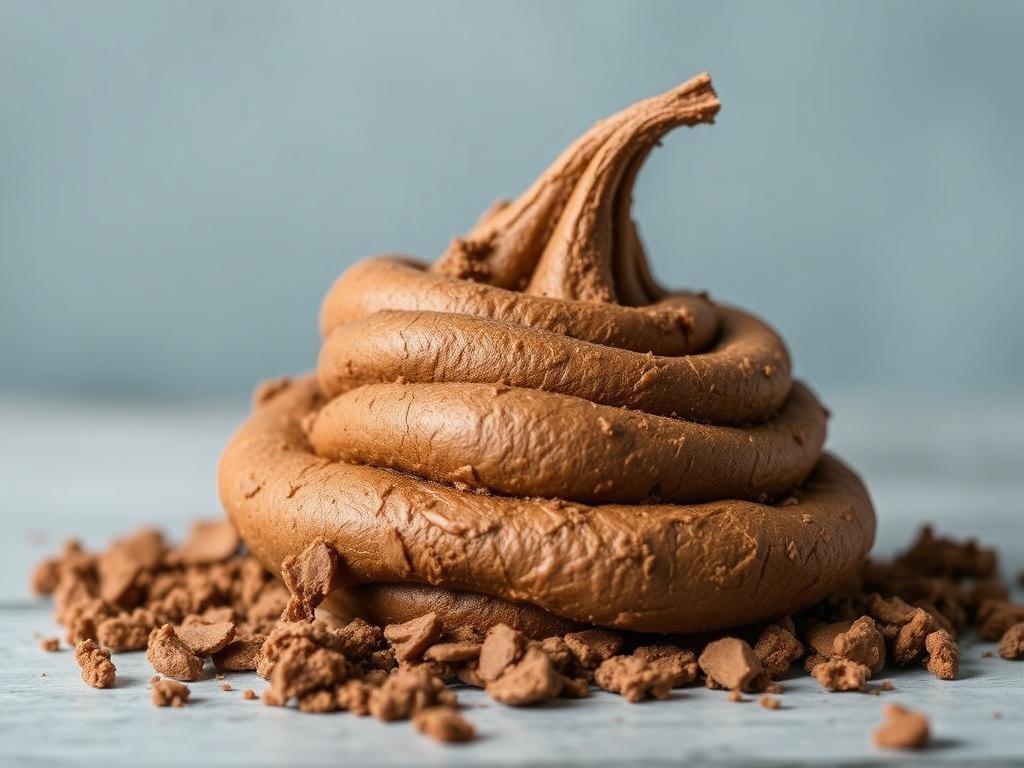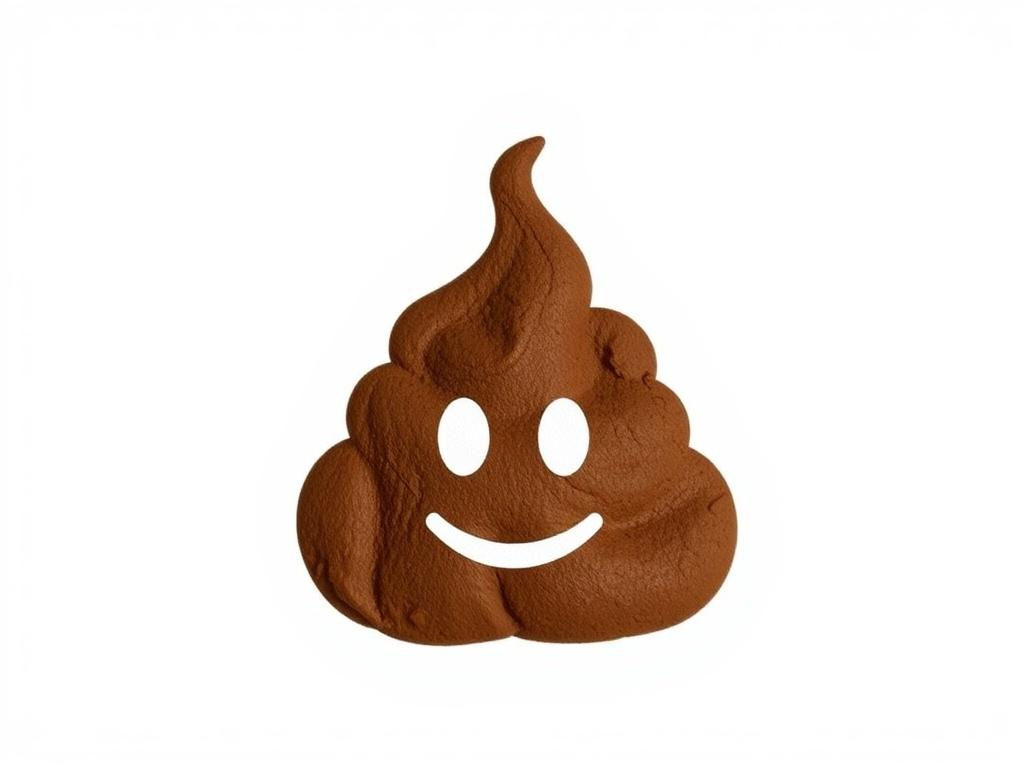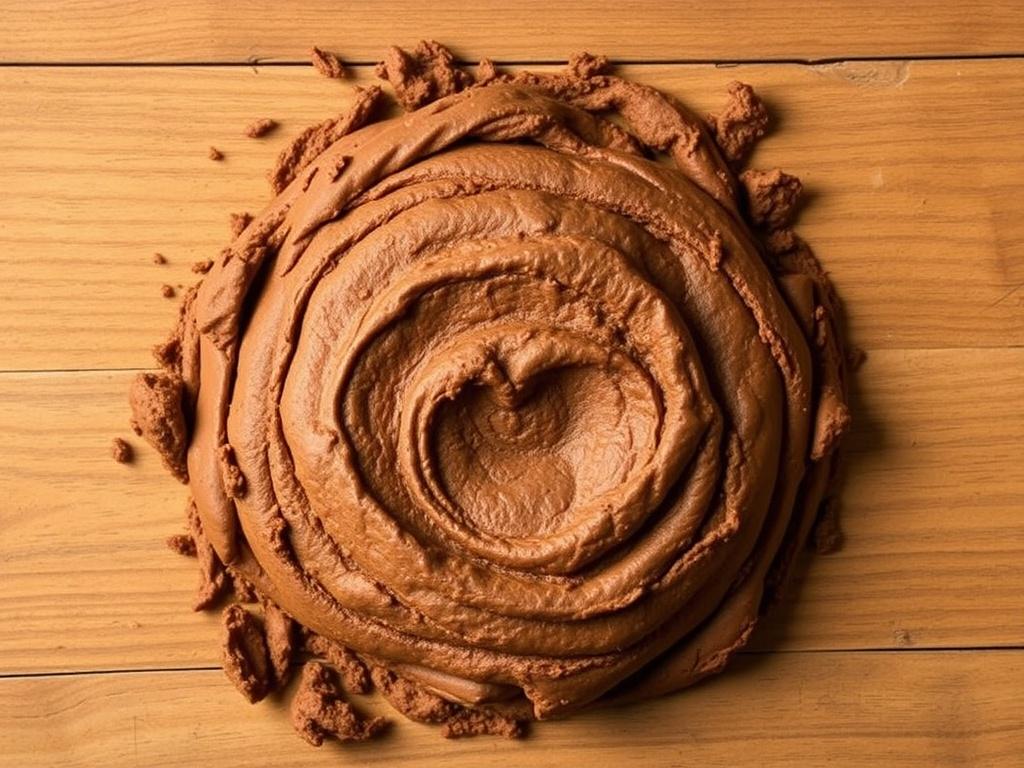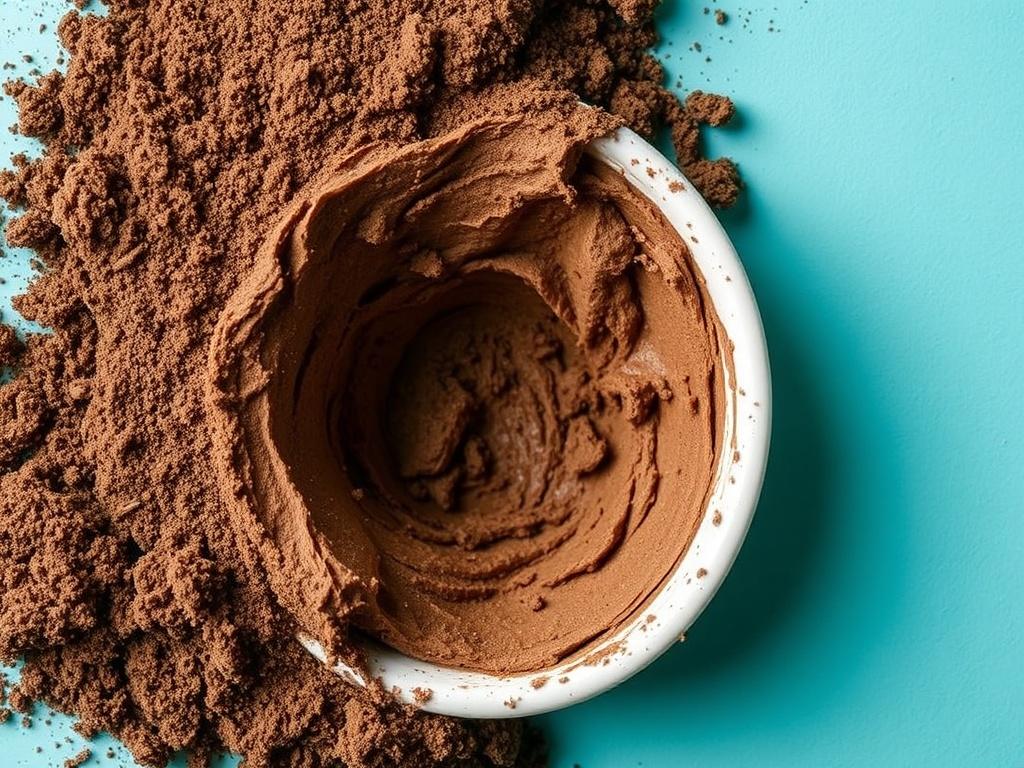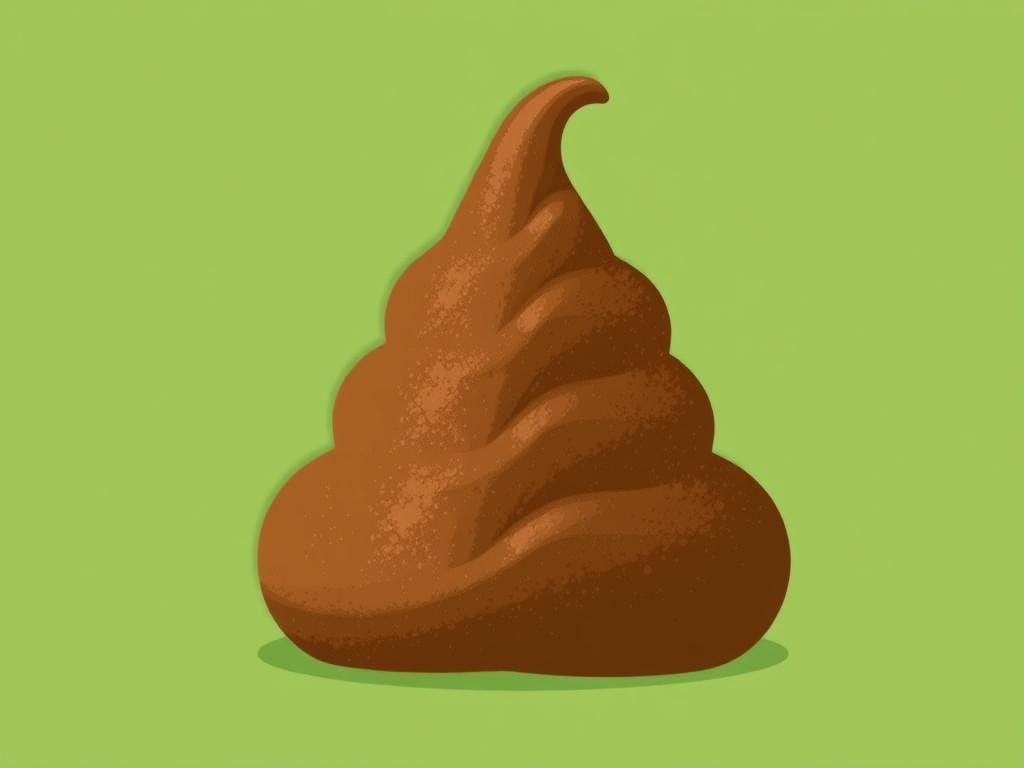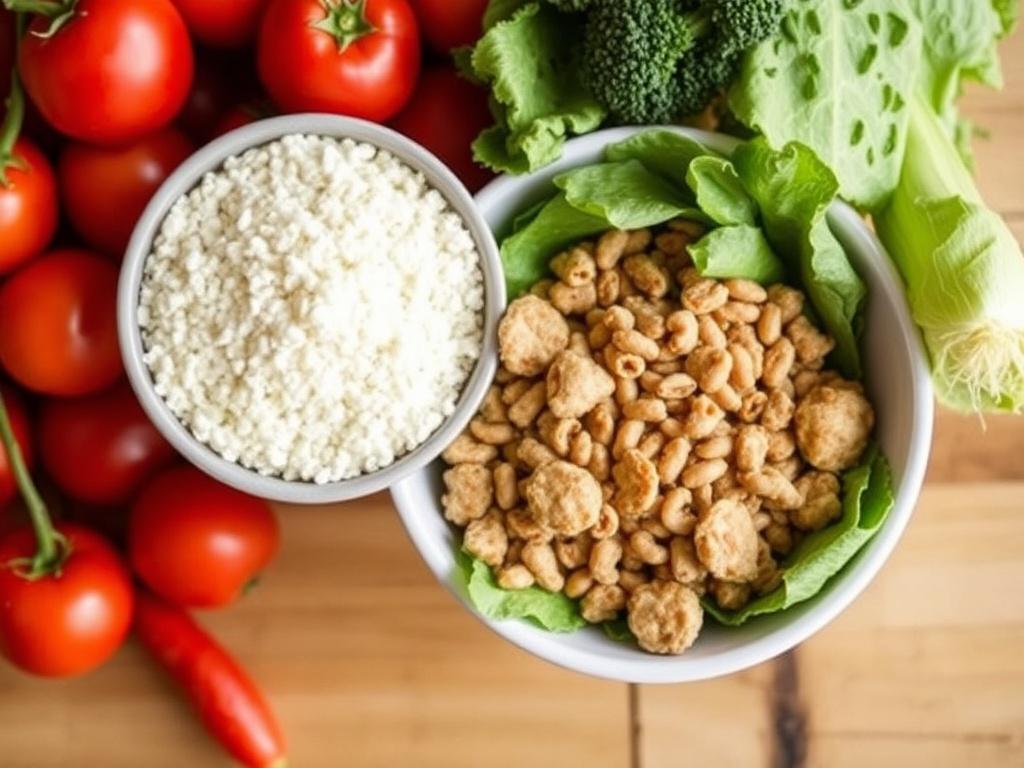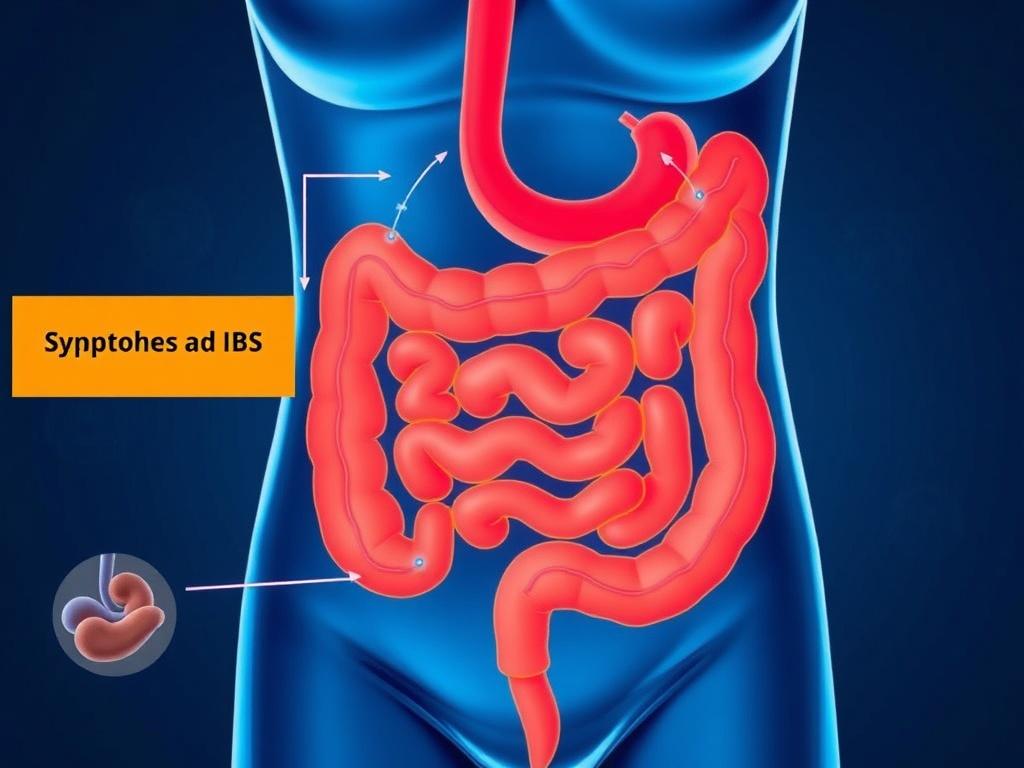Have you ever stopped to think about what your poop might be telling you? It might not be the most glamorous subject, but understanding the characteristics of your stool can provide valuable insights into your overall health. Your bowel movements are more than just a routine part of your day—they’re like a health report card from your digestive system. From color and consistency to frequency and even smell, your poop contains clues that can help you identify potential issues before they become serious.
In this article, we’ll explore what your poop says about your health in detail. We’ll break down the key factors to watch for, explain why they matter, and share tips on keeping your digestive system happy. Whether you’re curious about unusual changes or want to maintain regularity, this guide will give you practical information in a straightforward way.
Why Your Poop Matters More Than You Think
Most people don’t spend much time thinking about what they leave behind in the toilet, but your stool can reveal a lot about how your body is functioning. The digestive tract is a complex system, and when something is off—like your diet, hydration, or gut health—it often shows up in your poop. Paying attention to changes can help you catch issues like infections, food intolerances, digestive disorders, and even signs of broader health concerns.
For example, the color of your stool can indicate whether your liver and bile production are normal, or if you might have bleeding somewhere in your digestive tract. The shape and texture can show how well your gut muscles are working, and the frequency of your bowel movements reflects your overall digestive rhythm.
What the Color of Your Poop Means
Color is usually the first thing people notice when looking at their stool. Normal poop color typically ranges from light to dark brown due to the presence of bile—a digestive fluid produced by the liver. However, various factors can change this, sometimes signaling a health issue.
| Poop Color | What It Might Mean | Possible Health Concerns |
|---|---|---|
| Brown | Normal and healthy stool color | Good digestion and bile flow |
| Green | Could be due to eating lots of leafy greens or food moving too quickly through intestines | Possible diarrhea or infection |
| Black | May indicate bleeding in the upper digestive tract or iron supplements | Ulcers, internal bleeding (seek medical advice if unknown) |
| Red | Could be from red-colored foods or bleeding in lower digestive tract | Hemorrhoids, colon polyps, cancer (consult doctor) |
| Yellow | Fatty or greasy stool that smells foul | Malabsorption disorders like celiac disease, pancreatic issues |
| Clay or Pale | Lack of bile pigment | Liver or gallbladder problems |
Understanding these colors helps you catch potential problems early. If your stool shows unusual colors consistently, it’s a good idea to consult a healthcare professional.
Texture and Consistency: What Should Your Poop Feel Like?
Beyond color, the texture and consistency of your poop are key indicators of health. Ideally, your stool should be smooth, soft, and formed, which means your digestive system is working efficiently. There’s a widely used tool called the Bristol Stool Chart that categorizes stool into seven types, ranging from hard lumps to watery diarrhea:
- Type 1: Separate hard lumps, like nuts (hard to pass)
- Type 2: Sausage-shaped but lumpy
- Type 3: Like a sausage but with cracks on the surface
- Type 4: Like a smooth, soft sausage or snake
- Type 5: Soft blobs with clear-cut edges (passed easily)
- Type 6: Fluffy pieces with ragged edges, mushy stool
- Type 7: Watery, no solid pieces (entirely liquid)
Types 3 and 4 are considered the healthiest and easiest to pass. Types 1 and 2 suggest constipation, while types 5 through 7 indicate diarrhea or urgency. Changes between these types can hint at dietary imbalances, dehydration, infections, or underlying health conditions like irritable bowel syndrome (IBS).
What Causes Constipation or Diarrhea?
Constipation usually happens when stool moves too slowly through the colon, causing excessive water to be absorbed and resulting in hard, dry stools. It can be caused by low fiber intake, dehydration, lack of physical activity, or certain medications.
Diarrhea, on the other hand, results from stool moving too quickly through the intestines, leading to insufficient water absorption. It can be triggered by infections, food intolerances, stress, or chronic conditions such as Crohn’s disease.
Frequency of Bowel Movements: How Often Is Normal?
Another common question is, “How often should I poop?” The answer varies widely among individuals. Normal frequency can range from three times a day to three times a week. What matters most is consistency for you and the absence of discomfort.
- Three times a day to three times a week: Normal range for healthy bowel movements
- Less than three times a week: May indicate constipation
- More than three times a day: Can indicate diarrhea or hyperactive bowel
If you notice a sudden and sustained change in how often you have bowel movements, or if there’s pain and bleeding, it’s important to see a doctor. Your frequency can be influenced by your diet, hydration, stress, and physical activity.
The Smell Factor: What the Odor of Your Poop Tells You
Though it’s not the nicest topic, the smell of your stool can also offer clues. A particularly foul smell can result from undigested food, infections, or malabsorption problems. For example, a sharp, rotten odor might indicate an infection caused by bacteria like Clostridium difficile.
However, some odor is always normal due to the natural bacterial activity in the gut. If the smell changes suddenly and dramatically, especially with other symptoms, it’s worth paying attention.
When to Be Concerned About Smell
- Persistent very foul smell along with oily or greasy poop
- Smell accompanied by diarrhea or abdominal pain
- Noticeable change after starting a new medication or diet
If you’re concerned about the odor of your stool or other symptoms, it’s best to consult a healthcare professional for evaluation.
Other Important Signs Your Poop Can Reveal
Besides color, texture, frequency, and smell, there are other important signs worth monitoring:
- Blood in Stool: Bright red or dark blood can be alarming. Bright red often suggests bleeding in the lower digestive tract, such as hemorrhoids or anal fissures. Dark, tarry stool may indicate bleeding higher up, such as ulcers.
- Mucus: Small amounts of mucus in stool can be normal. Excessive mucus may suggest inflammation or irritation from infections or conditions like IBS.
- Floating vs. Sinking: Stool that floats may contain excess gas or fat, pointing to malabsorption issues.
- Stool Size: Very narrow or pencil-thin stool can sometimes point to blockages or growths in the colon.
Keep a Poop Diary
If you notice ongoing changes or problems, consider keeping a poop diary. Record your stool color, consistency (using the Bristol Stool Chart), frequency, and any other unusual signs. This information can help your doctor diagnose potential problems more easily.
How Your Diet Affects Your Poop
The most impactful factor on your bowel movements is your diet. What you eat directly influences every aspect of your poop. High fiber foods like fruits, vegetables, whole grains, and legumes promote healthy, regular bowel movements by adding bulk and softening stool.
On the other hand, a diet low in fiber, high in processed foods, or lacking in fluids often leads to constipation. Certain foods and drinks may cause changes temporarily—for instance, beets can turn your stool red, spinach can give it a green tint, and iron supplements often darken the stool.
Foods That Promote Healthy Poop
- High-fiber fruits such as apples, pears, and berries
- Vegetables like broccoli, carrots, and leafy greens
- Whole grains including oats, brown rice, and quinoa
- Legumes like beans and lentils
- Plenty of water to stay hydrated
Foods That Can Disrupt Your Stool
- Highly processed and fast foods
- Excessive dairy for those who are lactose intolerant
- Spicy foods, which can sometimes cause diarrhea
- Alcohol and caffeinated beverages, which can dehydrate and irritate
When to See a Doctor About Your Poop
While most changes in your poop are harmless and temporary, sometimes they can signal serious health issues. It’s important to seek medical advice if you notice any of the following:
- Blood in your stool that doesn’t go away
- Stool that is persistently black or clay-colored
- Severe or persistent diarrhea lasting more than a few days
- Extreme constipation accompanied by pain
- Unexplained weight loss and changes in bowel habits
- Fever along with bowel changes
- Signs of dehydration from diarrhea or vomiting
Early diagnosis and treatment are crucial for many digestive conditions, including infections, inflammatory bowel disease, colon cancer, and malabsorption syndromes.
Simple Tips to Maintain Healthy Bowel Movements
Keeping your digestive system and poop healthy doesn’t have to be complicated. Here are some straightforward habits to adopt:
- Eat a balanced diet: Prioritize high-fiber foods, fruits, and vegetables.
- Stay hydrated: Drink plenty of water throughout the day.
- Exercise regularly: Physical activity helps stimulate intestinal function.
- Don’t ignore the urge: Responding promptly to bowel movement urges prevents constipation.
- Manage stress: Stress can affect your digestive system negatively.
- Avoid excessive use of laxatives: These can lead to dependency and worsen bowel health.
By following these habits, you’ll support your gut health, and your poop will usually remain in a healthy, normal state.
Conclusion
Your poop is more than just waste—it’s a window into your digestive and overall health. Paying attention to the color, texture, frequency, and other signs can help you catch health issues early and make smart lifestyle choices. Changes in your bowel movements shouldn’t be ignored, especially if they persist or come with other symptoms like pain, bleeding, or weight loss. By understanding what your poop says about your health and adopting healthy habits, you’ll be better equipped to maintain balance and wellbeing. Remember, when in doubt, consulting with a healthcare professional is always the best approach. So next time you visit the bathroom, take a moment to consider what your poop might be telling you—it’s worth the insight.
Читайте далее:
